From the three-star Reale to a campus for the cooks of the future: the chef and his commitment to education for healthy, sustainable catering that is accessible to everyone.
In the summer, when the hot weather relents a little, we go down to the garden to pick tomatoes. "But will these really be red tomorrow?", asks Ludo, a little perplexed. "There's a gnome who will colour them in red tonight", replies Leo, teasing his brother with a cheeky smile.
We planted the seeds at the beginning of spring. For days, we watched the little pots to catch sight of the first shoots, encouraging them to break out of the earth. And then, we transferred the plants to their home. Every flower has been a happy surprise, every walk a pretext to learn something. And in the evening we taste our delicious tomato salad, made extra special by two words: awareness and choice.
Nature is the best teacher possible. There is nothing else that offers stimuli and lessons so important that every child should be able to experience in order to grow up happier and live a healthy life. There are so many studies and research projects, also in recent years, which demonstrate how our children grow up happier if they spend a lot of time outdoors, or in environments full of nature.
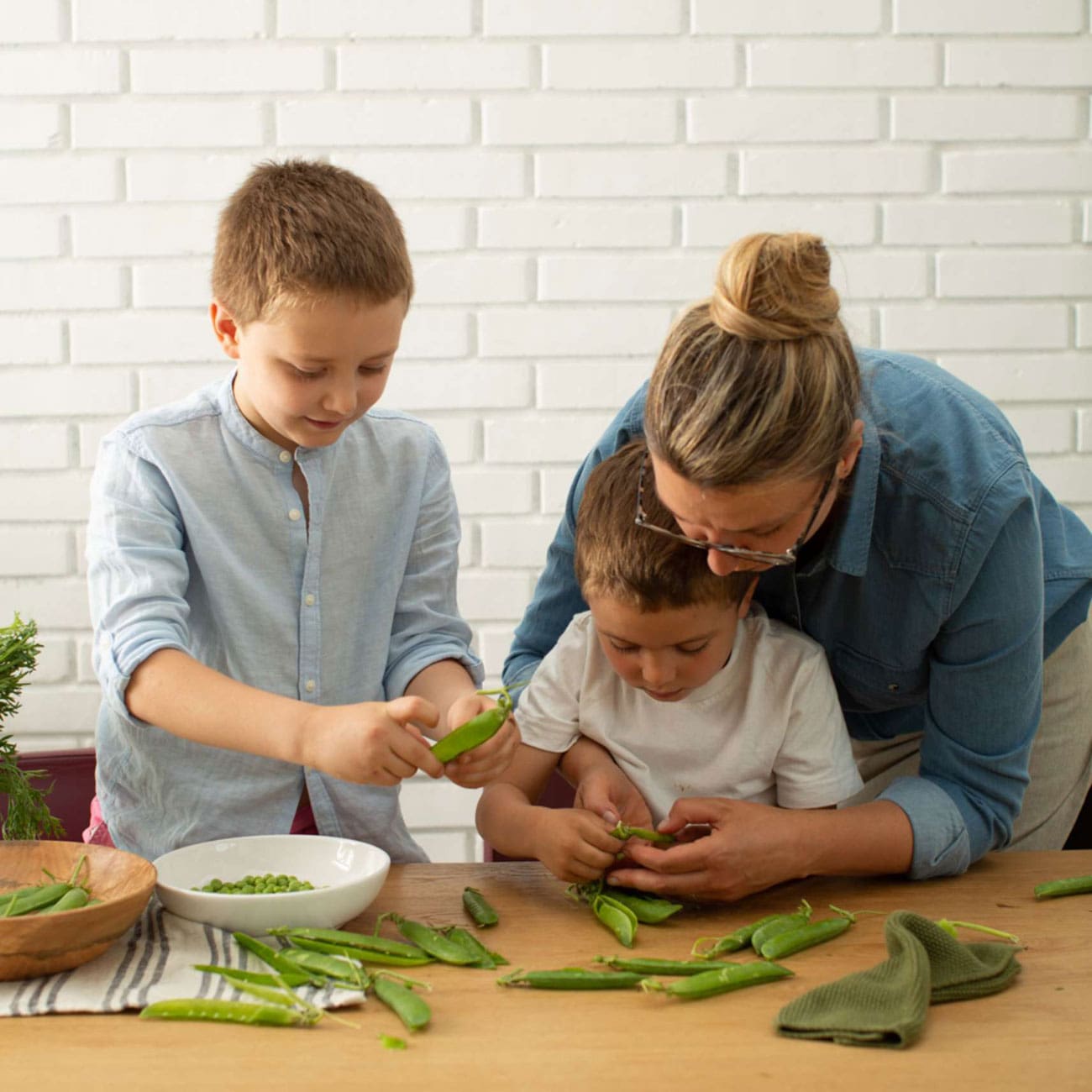
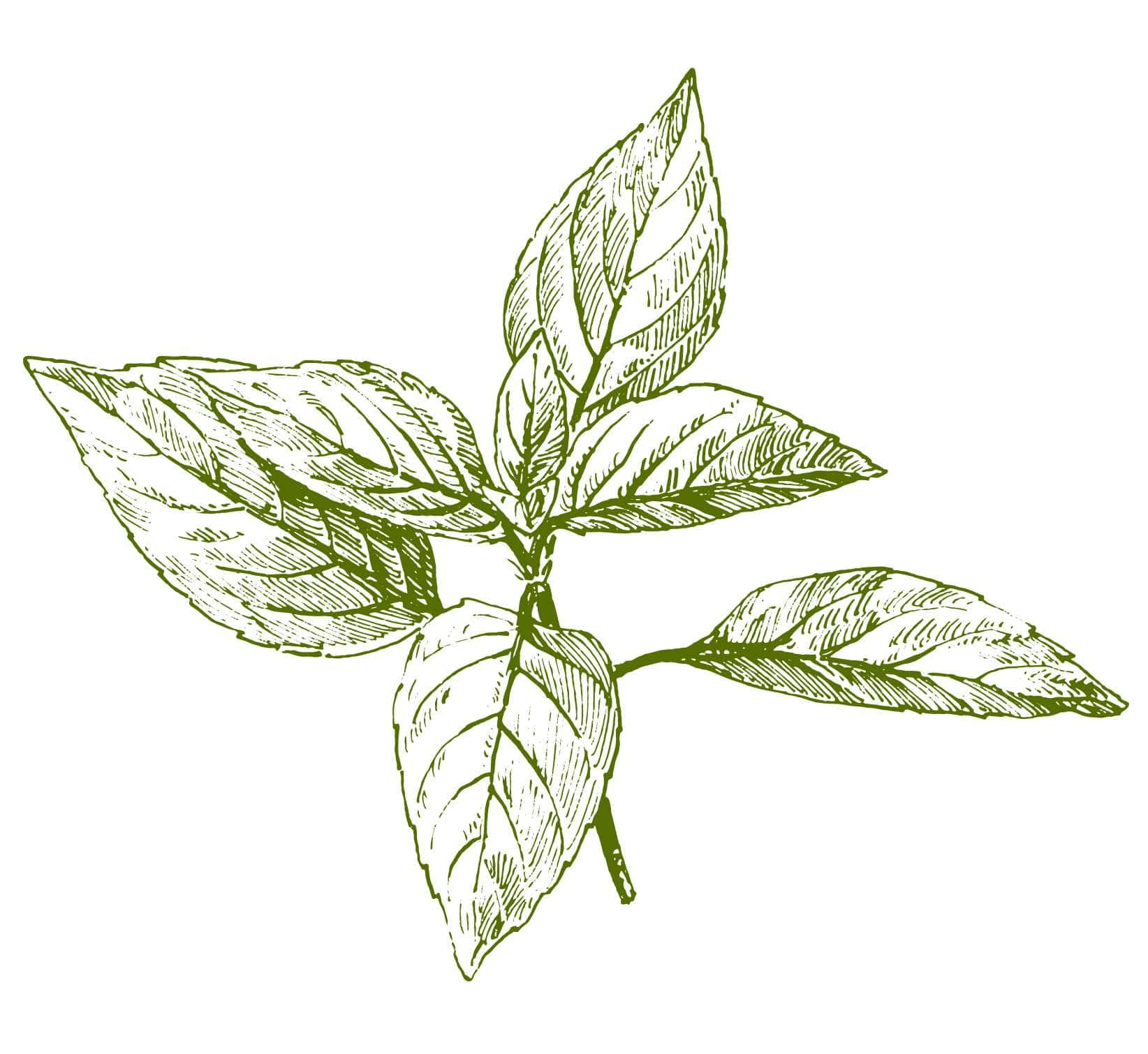
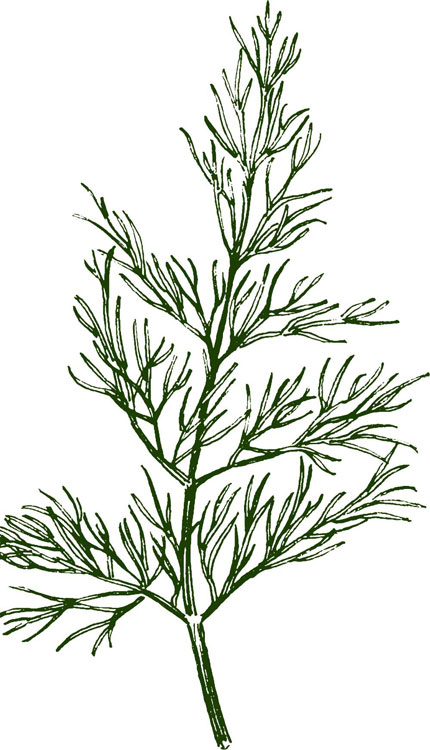
We need to admit that in our society it isn't easy to find the time and space to guarantee our children an open-air childhood. We often sign them up to music or English courses, when they are still little. We fill their afternoons with swimming or dance lessons, football training, and then at the weekend we take them to visit museums or historical buildings. All fantastic experiences, but they cannot replace that spontaneous education created by instinct, adventure, relationships with the world around us.

In a certain sense, the suspension of life that we lived through in the early months of 2020 helped us to understand even better how fundamental it is to have plenty of time in nature.
Time spent outdoors gives children experiences that would be hard to recreate elsewhere. We can spend hours in front of a glass prism, explaining the science of colours, but how much more beautiful, how much easier is it to learn that lesson by looking at a rainbow after a summer storm, with rain boots on for jumping in puddles without worrying about getting dirty?
Nature allows them to learn by playing, continuously making little discoveries. And it can be a source of learning in a more traditional sense, too, by transforming natural materials into many different educational activities for learning to count, recognising shapes, creating little artworks.
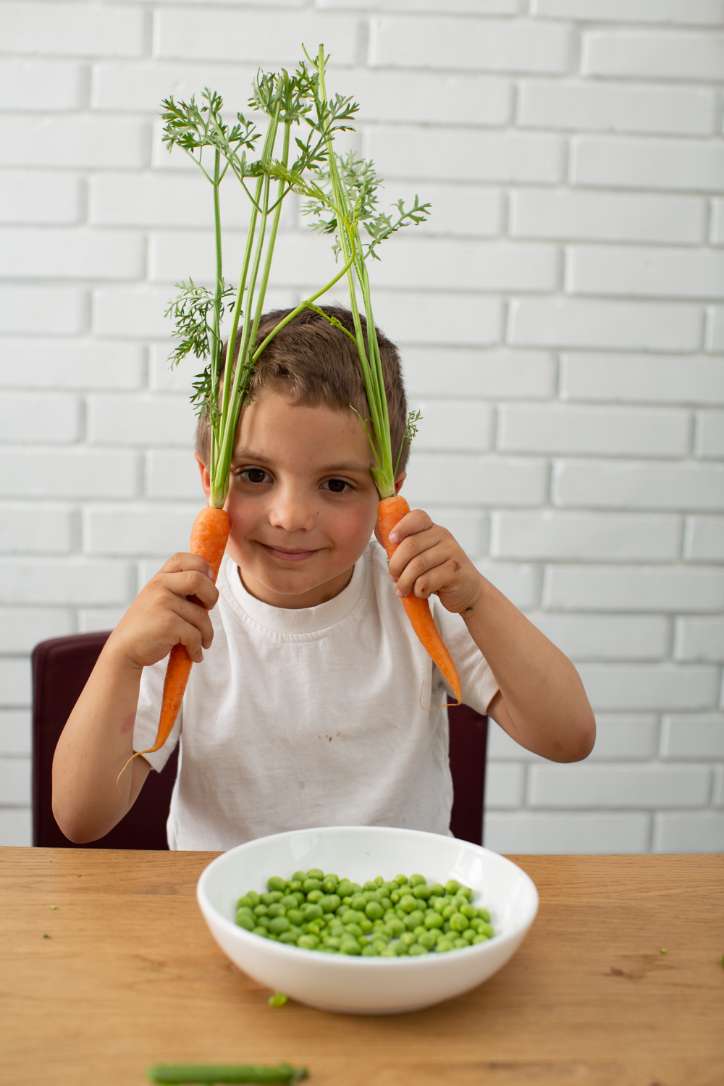
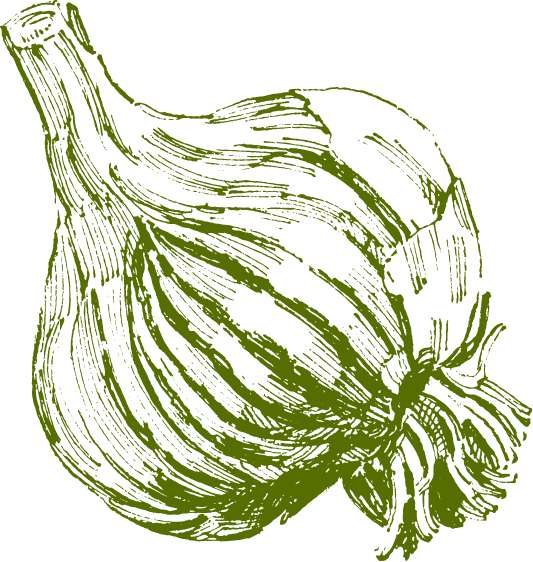
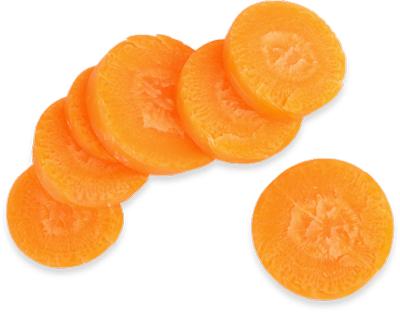
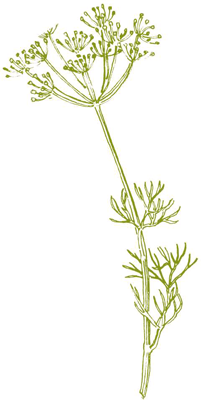
Allowing nature to teach some of the lessons and values that we try to pass on to our children really is easy, even if it seems as if we don't have time to do it, even if we don't feel able, even if we live in the city.
Growing a little plant, even in a pot in a bright corner of the kitchen or on a little balcony, improves children's self-esteem, as they discover they are capable of taking care of a living thing and experience creativity, imagination and curiosity.
The school of nature develops psycho-physical wellbeing, as well as the capacity for learning. The regenerative power of green space improves concentration, while movement and use of the senses helps them build awareness of their own bodies. Complex activities aren't necessary: even just a walk over different terrains allows children to discover their limits and use resources to overcome them.
This is why activities in the open air also strengthen autonomy: the little challenges they come across make them protagonists in their learning journey, and help them to overcome difficulties.
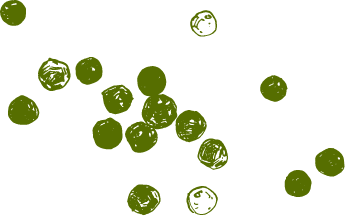
When Leo was almost 3, we spent part of our holidays at his grandparents' summer house, by the sea. One day I found him intently watching a short animation: a marine turtle was swimming in its habitat, hunting jellyfish, but, confused by its similar form, ingested a plastic bag instead.
Leo's heightened sensibilities were hit hard: he did nothing but repeat the story for days, and collecting plastic along the shore became our favourite pastime. "If a fish or a turtle eats it, they will be sick!", he explained to the holidaymakers who walked along the water's edge.
Today, my sons accompany me on my everyday tasks, with a critical, ever-burning conscience. They remind me to bring a reusable bag for the shopping, and they know it is better to choose paper packaging instead of plastic. Doing the shopping with them can also be an educational moment to encourage them to eat more healthily and consciously.
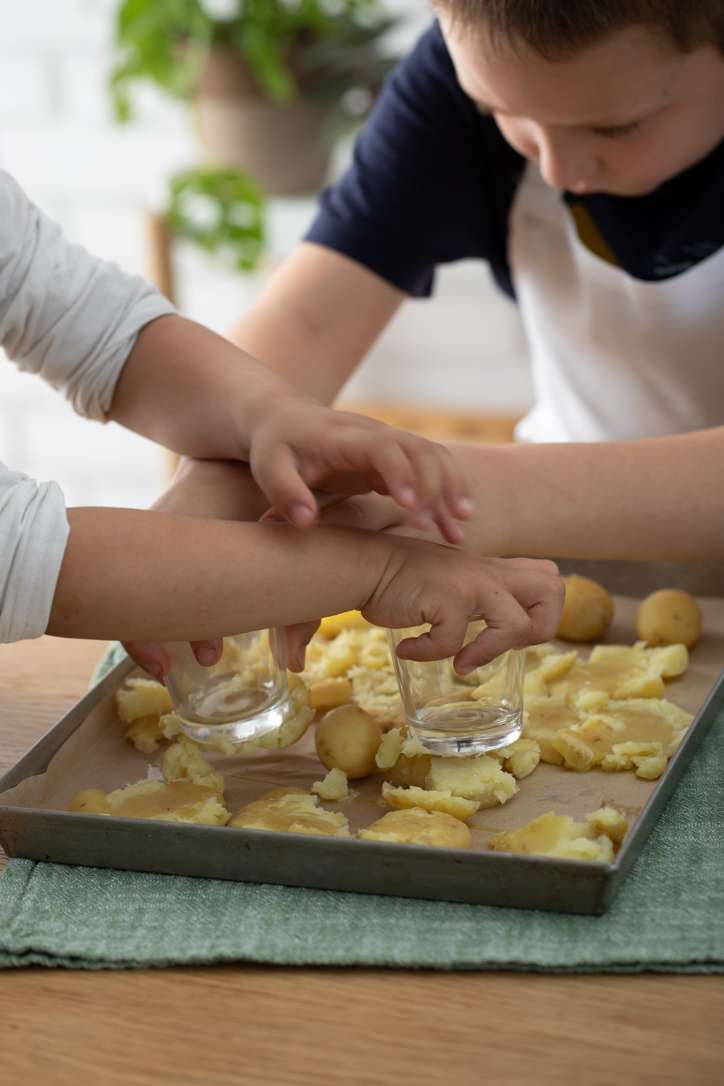

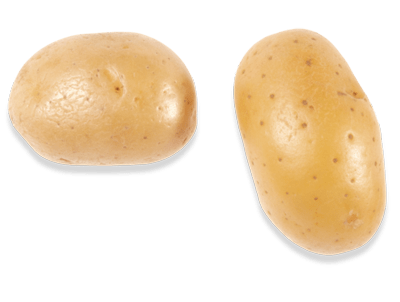
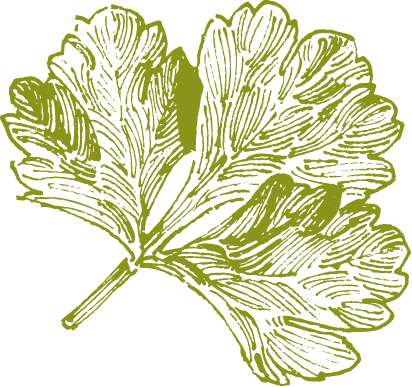




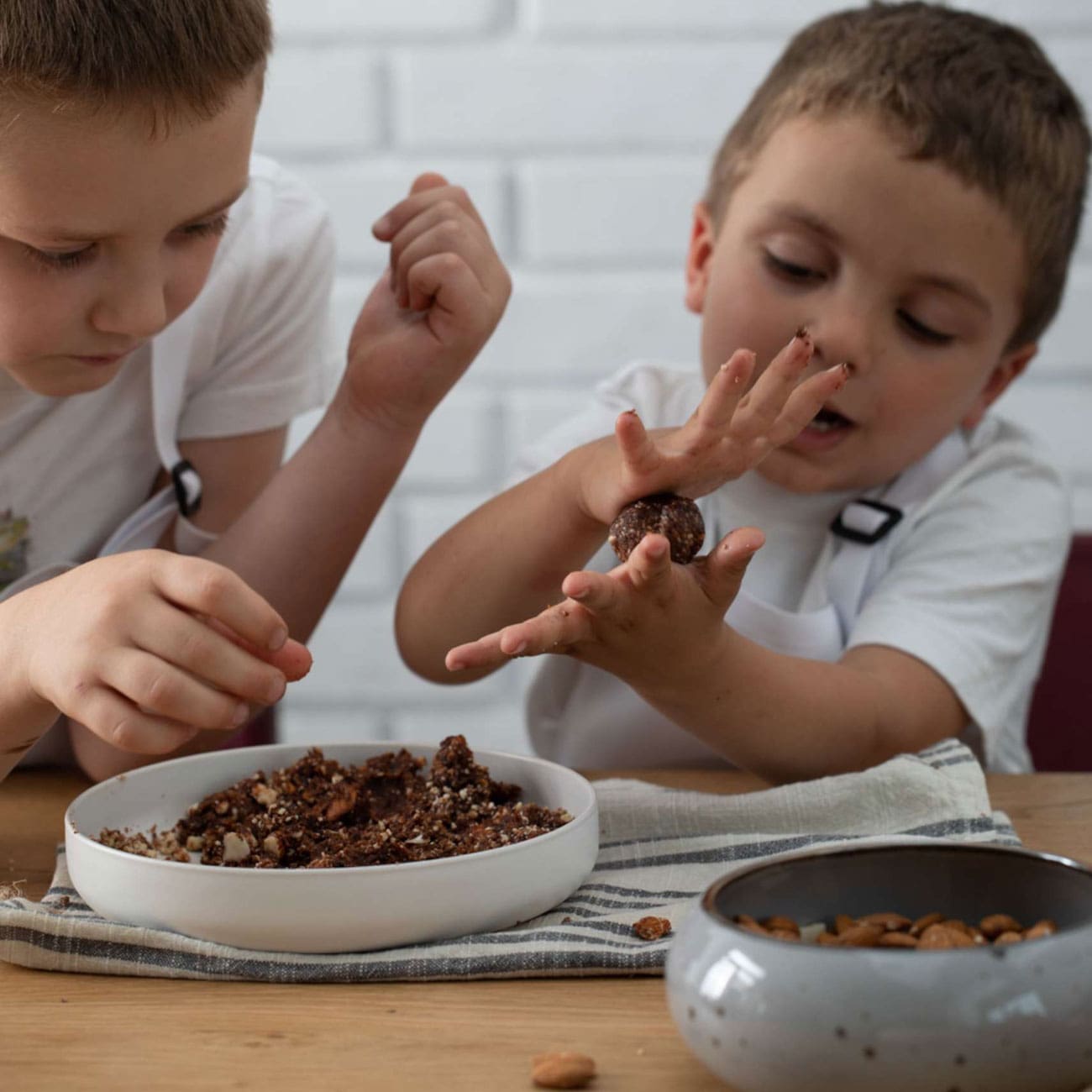
A visit to the market, or even better, a farm, becomes an opportunity for participation and learning for the very young. Many studies show that children prefer to eat what they have prepared themselves, things they know about. Let your children choose a few foods - especially vegetables - and cook them together.
If we have the chance - on a farm or in our little garden - I let them pick fruit or vegetables and experience nature up close. They go to collect the eggs from the chicken coop, and they give hay to the goats. Their love for blueberries started precisely when we went to pick them on a nearby farm! It is also a good way to teach children that "food doesn't grow in the supermarket".
If children develop awareness of how the food we eat is produced, they will give more value to natural food over industrial products, and they will make better choices from both a nutritional and ecological perspective.
This, like many other activities in nature, promotes an environmental education that has never been more important than it is now for new generations. This doesn't mean imparting lessons on natural cycles and protecting the environment, but encouraging a child's interest in nature to grow.
It means making sure children feel they are part of an extraordinary world that needs to be understood, respected and protected.
From the three-star Reale to a campus for the cooks of the future: the chef and his commitment to education for healthy, sustainable catering that is accessible to everyone.
An interview with CIBO, the internationally renowned street artist who creates colourful food-themed murals to fight intolerance and racism in cities.
